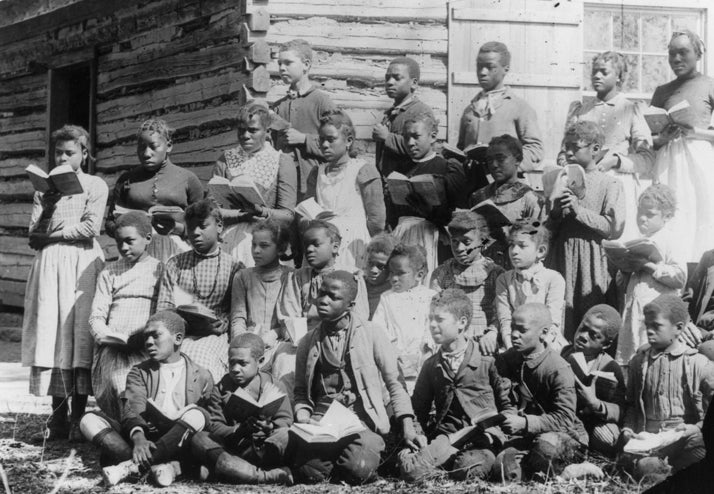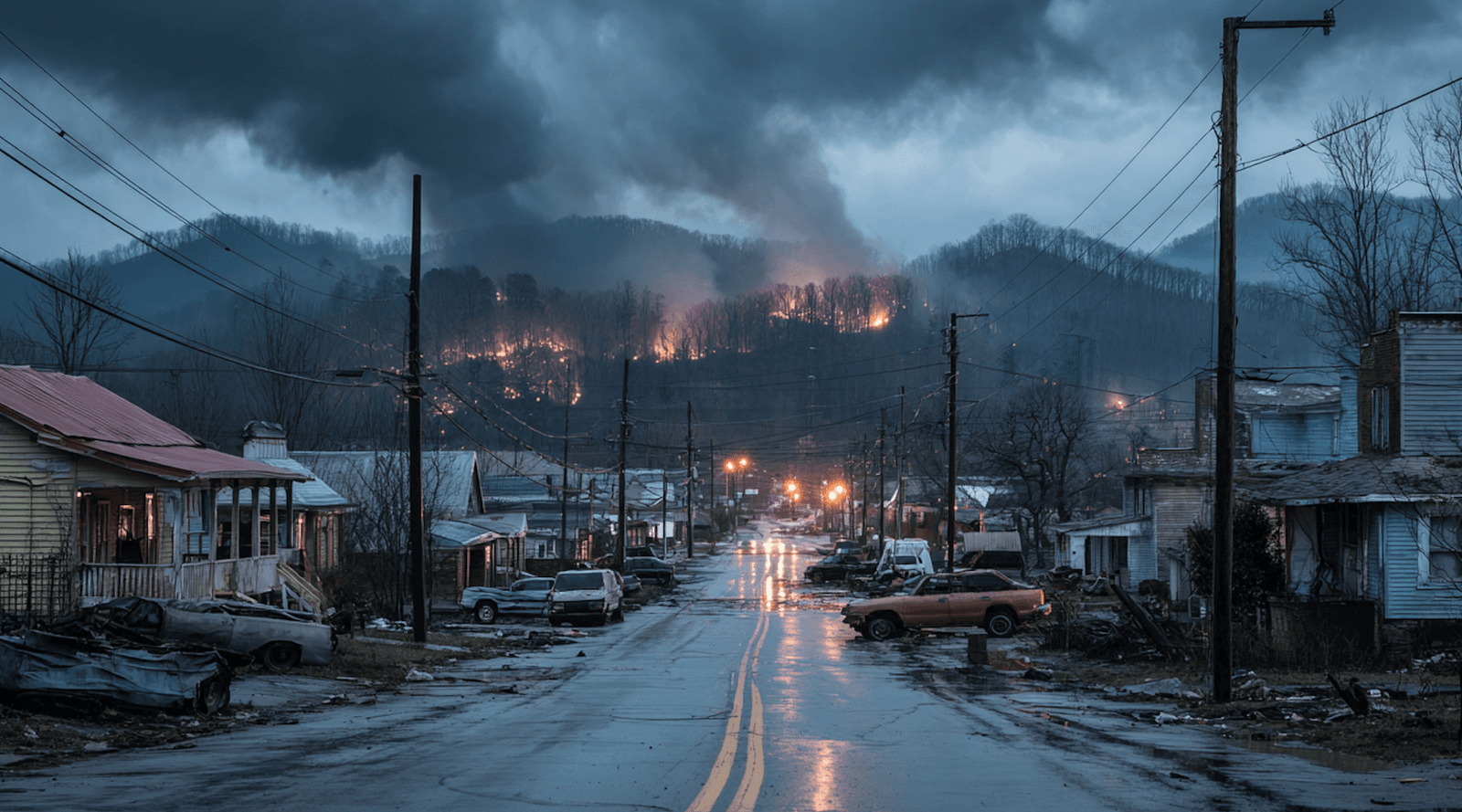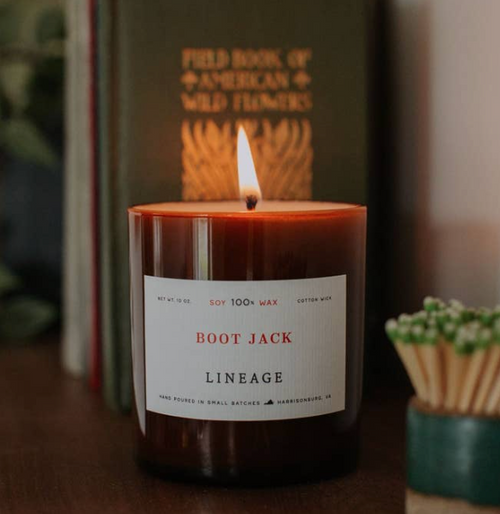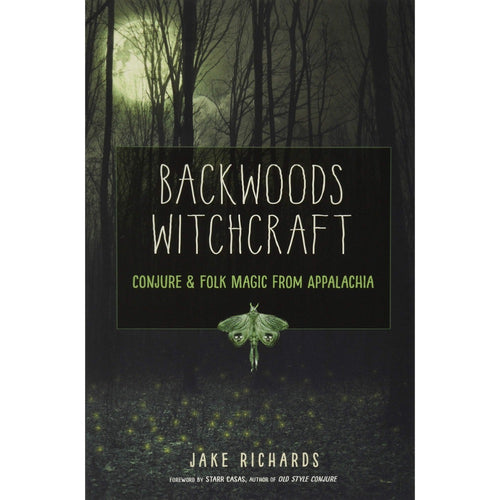
Here's how the Northfork Watershed Project tells her story:
At that time, Mrs. Williams was told to teach the 'colored' children for only five months of the year unlike the "white" children that were to be taught for eight months of the year. In a very bold move, Mrs. Williams taught for the entire 8 months and then demanded her full 8 months salary on the basis that education was to be equal.
J. R. Clifford [West Virginia's first black lawyer] took Williams’ case, tried it in the Tucker County Courthouse—and won! The school board appealed to the West Virginia State Supreme Court, where Clifford won again, in 1898! This was the first “separate but equal case” in the United States and was one of the initial stirrings of the burgeoning civil rights movement.
Sitting in my DC office yesterday—a block from commemoration events for the 1963 March on Washington—I was reminded of the thousands of brave souls who led up to that historic day. Women and men like Carrie Williams gave no famous speeches. They had no where to march. But they kept the dream alive generation after generation, until it could be articulated from the steps of the Lincoln Memorial and serve as a beacon for fairness and equality around the world.














